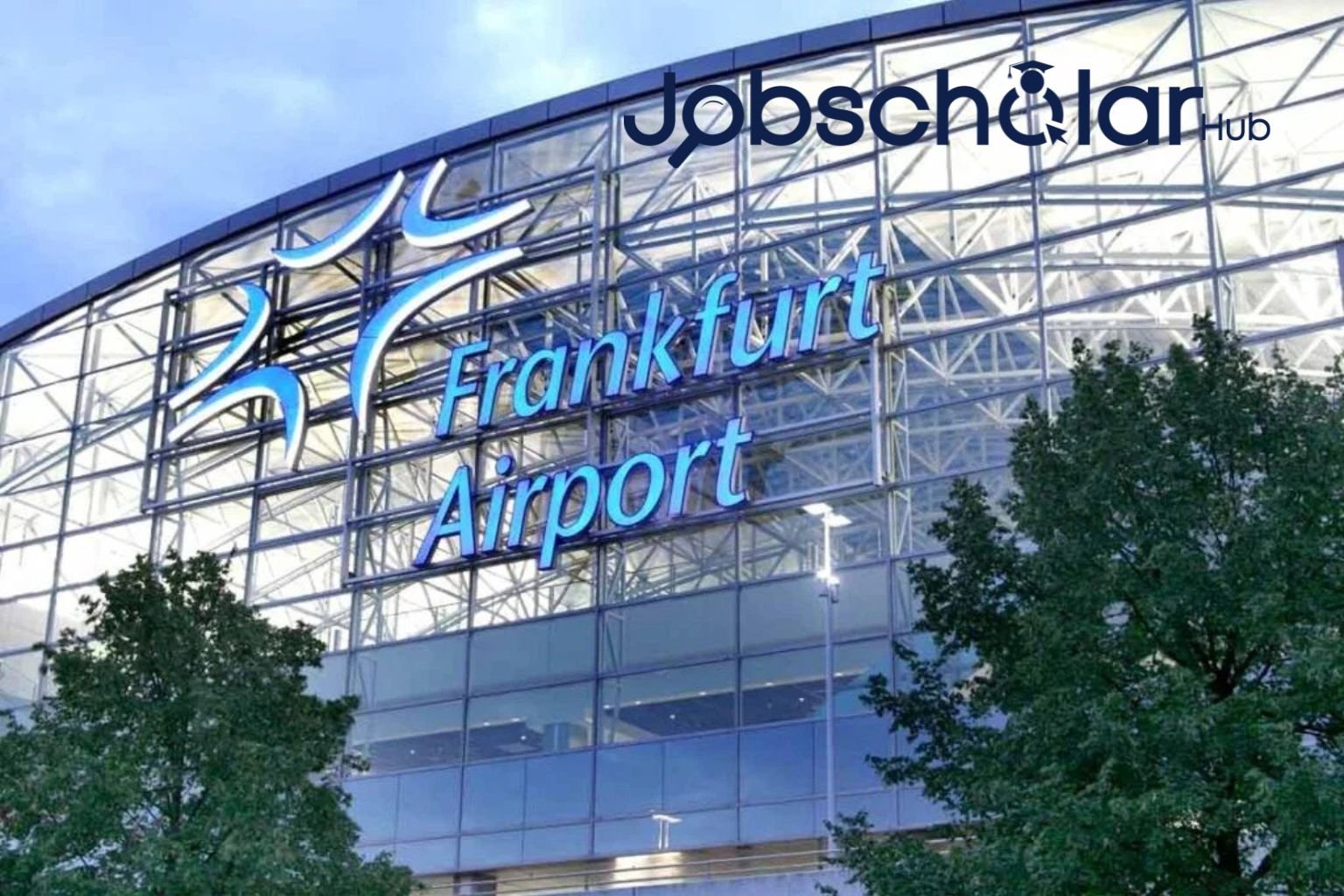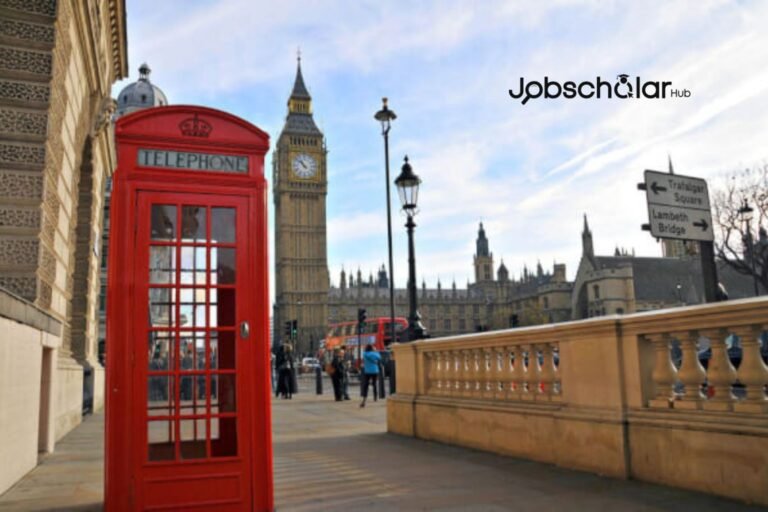You could be headed for an important work trip, and your flight itinerary shows a quick stopover in Germany. You might begin to wonder “do I need a Germany transit visa to cross through that airport gate?” If you’re scratching your head at the moment, we are here to help.
Germany is a major travel hub, serving some of the busiest airports in Europe. But the requirements for transit visas can be surprisingly complicated. Depending on your nationality and your travel route, you may need more than just your passport to speed through the terminal. Get this wrong and you could end up watching your connecting flight fly off without you.
And in this guide, we’re covering everything you need to know about the Germany transit visa — who needs it, how to apply for it, what documents you need and the little details that can help or hinder your journey. Let’s get right into it!
Table of contents
- What is a Germany Transit Visa and Who Needs It?
- Different Types of Germany Transit Visas: Which One Do You Need?
- Eligibility and Required Documents for Germany Transit Visa
- How to Apply for the Germany Transit Visa?
- Common Mistakes and How You Can Avoid Them
- What to Do if Your Germany Tranist Visa is Denied
- Visa Fee
- Processing Time
- When to Apply
- FAQs
- Conclusion
- References
- Recommendations
What is a Germany Transit Visa and Who Needs It?

A Germany Transit Visa is a short-term visa that allows you to pass through Germany on your way to somewhere else. Think of it as a hallway pass – you’re not staying in Germany, but you need permission to walk through.
If you’re catching a connecting flight that will require you to step foot inside German territory for a second, this visa is your golden ticket. However, not everyone needs it. If you’re from a visa-exempt country – like the U.S., Canada, or Australia – you can likely strut through the airport without giving it a second thought. But if you happen to hold a passport from certain countries, Germany requires you to obtain a Type A Airport Transit Visa or a Type B Transit Visa, depending on how long and where you’re spending your layover overnight. Who needs it, and who doesn’t?
You’ll need a Germany transit visa if:
- You are a citizen of countries like Afghanistan, Ghana, Mali, Sudan, Bangladesh, India, Nigeria, Syria, Cuba, Iran, Pakistan, Turkey, Congo (DRC), Iraq, Somalia, Eritrea, Jordan, South Sudan, Ethiopia, Lebanon, Sri Lanka.
- You’re just passing through a German airport on your way to another non-Schengen country and need to change terminals or leave the international transit area .
You’re exempt if you:
- Hold a valid Schengen visa or a residence permit from a Schengen country
- Are family members of EU/EEA citizens.
- Work as a flight crew or hold diplomatic passports.
- Come from a visa-exempt country like the United States, United Kingdom, Japan, or South Korea .
This small but super important detail can be the difference between catching your connecting flight or spending the night stranded at the airport. If you’re unsure if you need one, you’d better double-check!
Read this related content: DAAD Scholarship Germany for Masters 2025 (Fully Funded)
Different Types of Germany Transit Visas: Which One Do You Need?
There is no one-size-fits-all for transit visas in Germany. Depending on the length of the layover and whether you need to leave the airport, you will fall into one of two types of transit visas — the Airport Transit Visa (Type A) or Transit Visa (Type B).
Airport Transit Visa (Type A) — If You Never Leave The Airport
This is the visa you are going to need if you are passing through a German airport only to a country outside of German borders and of you are not leaving the international transit area. You’ll be hanging out at the airport lounge or staring at those ginormous departure screens until your next flight departs.
When You Need It:
- You are transferring through one German airport.
- You will not leave the international transit area.
- You Are Leaving the Schengen Area (The U.S., UK or another non-European destination)
When You Don’t Need It:
- You’re traveling from a visa-exempt country.
- You have a valid Schengen or national visa/residence permit.
- You’re not changing terminals that involve immigration.
You should read: H4 Visa Interview Questions: Avoid These Mistakes!
Germany Transit Visa (Type B): For Longer Layovers or If You Leave the Airport
The Transit Visa (Type B) is similar to being given a guest pass to gain temporary access to Germany. If you’ve got a longer layover, or otherwise need to leave the airport — perhaps to change airports or even to explore the city for a few hours — this visa has you covered. It lets you enter and remain in Germany for up to five days while continuing your journey.
When You Need It:
- You have a long layover and you need to leave the airport.
- You have to change from one airport to another (i.e. you leave Frankfurt and go to Munich).
- You’re on a road, rail or water journey through Germany.
When You Don’t Need It:
- Your layover is brief and you don’t clear the international zone.
- You hold a Schengen visa, residence permit, or you witness countries with no visa.
Which One Do You Need To Apply For?
It all comes down to this:
Layover that’s short, no leaving the airport? Go for Type A.
Do you have a longer stopover or are you switching airports? You should opt for Type B
You should also read: Top 10 Growing Jobs for Immigrants in Germany 2025
Eligibility and Required Documents for Germany Transit Visa

You do not just fill a form when applying for Germany Transit Visa. You have to show that you are a bona fide traveler passing through. Here’s what the officials need to see:
Passport Validity Requirements for Entry
Before you even consider applying, verify your passport.
- Validity: Minimum three months beyond your intended day of transit.
- Blank Pages: Minimum two blank pages must be for stamping.
- Condition: No rips, no water damage, no other signs that it has been through a washing machine.
Applications Form, Photos and Other Important Documents for Transit Visa
You’ll need to gather:
- Filled Visa Application Form: You can fill it up online or get it from the German consulate
- Passport-Sized Photos: Two recent, biometric photographs with a white background.
- Valid Passport: With all validity requirements intact.
- Proof of Visa for Next Destination: You should be able to show proof of your visa if your final end destination requires you to have one.
- Itinerary: Flight bookings which are confirmed and showing your route through Germany.
- Traveling to Germany: Health insurance for at least €30,000 coverage (to cover for hospitalizations/in medical emergencies)
Means of Financial Support
During the Germany visa interview, you will have to show proof that you can afford to travel.
- Ticket with confirmed details to your final destination
- Financial Evidence: Bank statements, credit card statements or your employer’s letter stating that you have sufficient funds.
Read also: Best UK Jobs With Visa Sponsorship
How to Apply for the Germany Transit Visa?
You apply for a transit visa at a German embassy or consulate, or a visa application center. Here’s a short overview of the application process:
- Complete the online application form—print it out and sign it.
- Schedule an appointment with a visa center or embassy/consulate.
- Collect all the required documents.
- On the date of your appointment, submit the documents and pay the visa fee.
Check out this related content: UK Skilled Worker Visa | How to Apply in 2025
Common Mistakes and How You Can Avoid Them

Nobody likes getting a rejection, but it is common with visa applications. However, if you know why a lot of visas get rejected, you can avoid rejection. The most common reasons are-
- Incomplete Documentation. Not having all forms, old passport or unclear photos.
- Inadequate Travel Intentions: If the officer believes you may overstay your visit.
- Not Enough Funds: You can’t confirm your journey will be affordable.
- Type of Invalid Travel Insurance: Insufficient coverage.
- Lie: Any difference between your forms can get straight rejection.
How to Successfully Apply
- Triple-Check Your Documents: If you forget one form, it might send you back to square one.
- Be Honest: Don’t attempt to spin the truth — they’ll discover the reality.
- Don’t Wait Until The Last Minute: Avoid the last-minute rush and possible delays.
- Have a “We got Strong Intent to Travel” Document the potential reasons, such as return tickets and prove money and other means.
Read also: Visa Interview Questions You MUST Prepare For — And How to Nail Every Answer!
What to Do if Your Germany Tranist Visa is Denied
If you receive the dreaded “application denied” stamp, it’s not the end of the world. Here’s what you can do:
- Ask for a Reason. German consulates will usually tell you why you were denied.
- Apply again. Correct the problem stated in the rejection letter and reapply.
- If you feel the decision was unfair, you can always appeal.
The best way to make sure your visa process goes as smoothly as possible is to be prepared. And when in doubt, read the requirements again — it may save you time, money and a great deal of stress!
Visa Fee
If not on an official business trip, a German airport transit visa is €90. Reduced price: €45 for Children (6-12)
You pay the fee at the time you submit your application to the visa center/embassy or just before (you will receive instructions on how to pay the fee). Keep the payment slip and keep it with your documents.
Processing Time
The transit visa processing time is a minimum of 2 Weeks. This can be longer during the holiday times or when there are a higher number of applicants.
When to Apply
You can apply for a transit visa no more than six months before the date on which you wish to transit. Also, the majority of applicants usually apply 1-3 months beforehand, both for the wait time to get an appointment (often months), and the 2 week processing time.
Read this content too: Netherlands Work Visa Requirements 2025
FAQs
If you come from a country that requires a Type A visa to transit an airport, yes — even if you’re changing flights. (There are exemptions for some nationalities, so check before you fly.)
The Type B Transit Visa permits a stay of up to 5 days while transiting through Germany. The Type A visa permits you to spend time only in the international transit zone of the airport.
No. Depending on which country you are from, you will have to apply through the closest German consulate or embassy or visa application centers, such as VFS Global.
If you miss your flight because of delays, immediately reach out to your airline. In many instances, they’ll rebook you for free, but you’ll want to be aware of your rights under EU Regulation 261/2004 for compensation.
Yes. However, this only applies if you are coming with a Type B Transit Visa (or visa-free). If you do not meet this criteria, you’re confined to the international transit zone.
Yes! You must submit proof of travel insurance for at least €30,000 ($32,000) for medical emergencies, a common requirement for Schengen visas.
Conclusion
Germany’s transit visa process can sound intimidating, but with some prep, it’s a breeze. Whether you’re stopping for a few hours or a couple of days, making sure you know the visa requirements and your rights will help make your stopover hassle-free. Safe travels!
Before you go, read: Freelancing in BRICS: How to Thrive in these Emerging Markets
References
- Germanyvisa.org– When to apply for Germany airport transit visa
- uk.diplo.de- Germany Airport Tranist Visa
- Germany.info- Visa Information- Germany Airport Transit Visa






